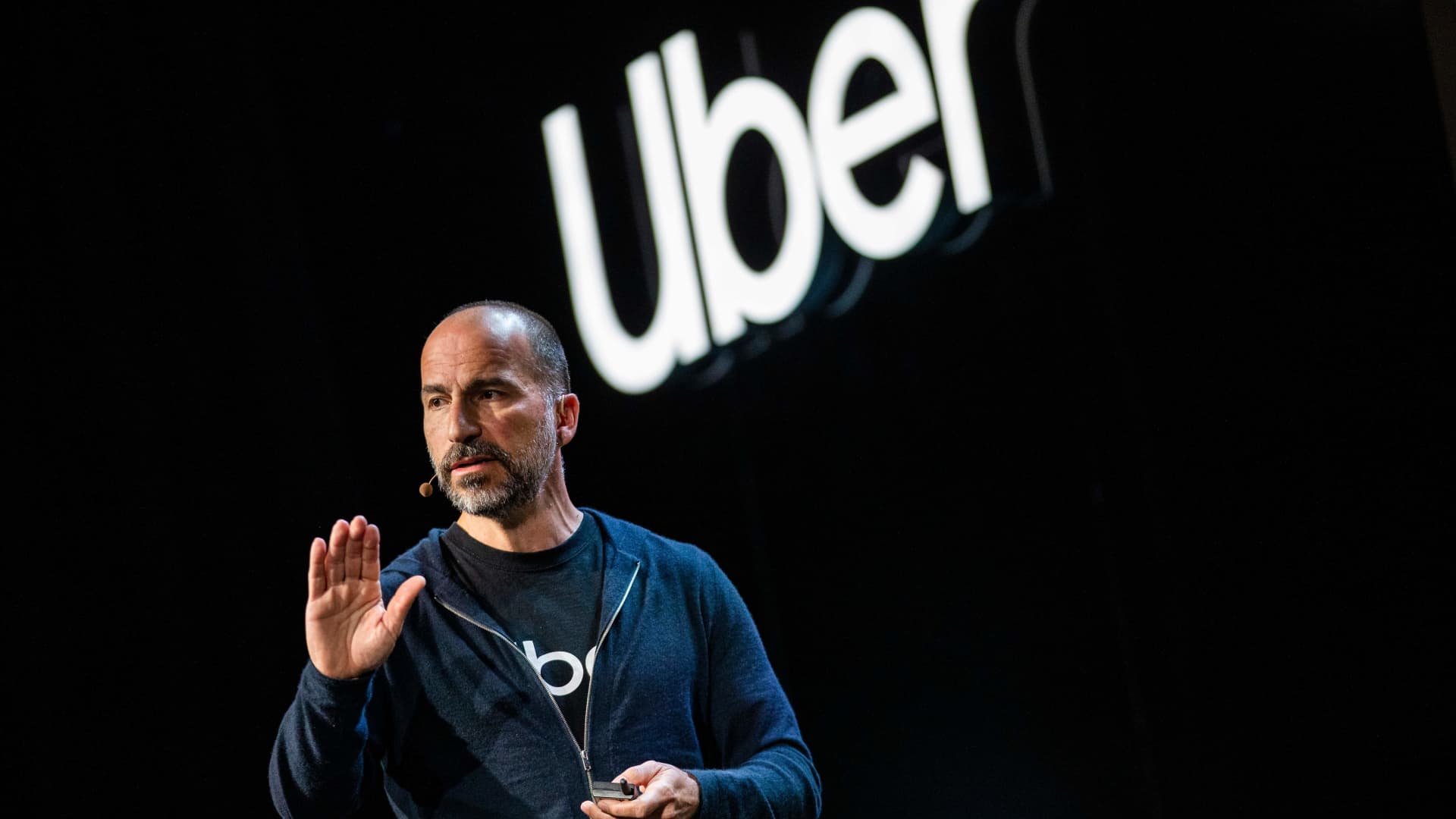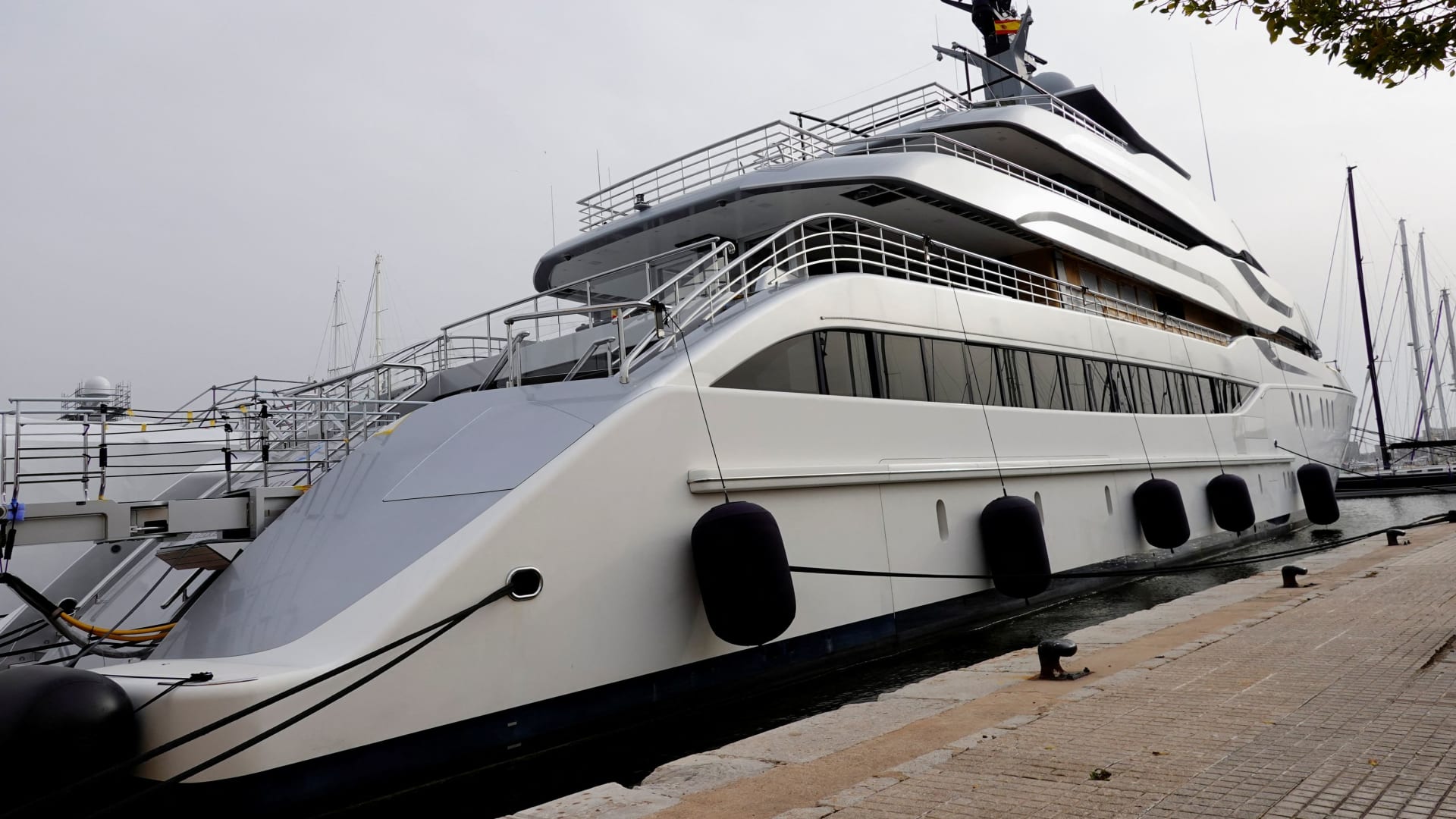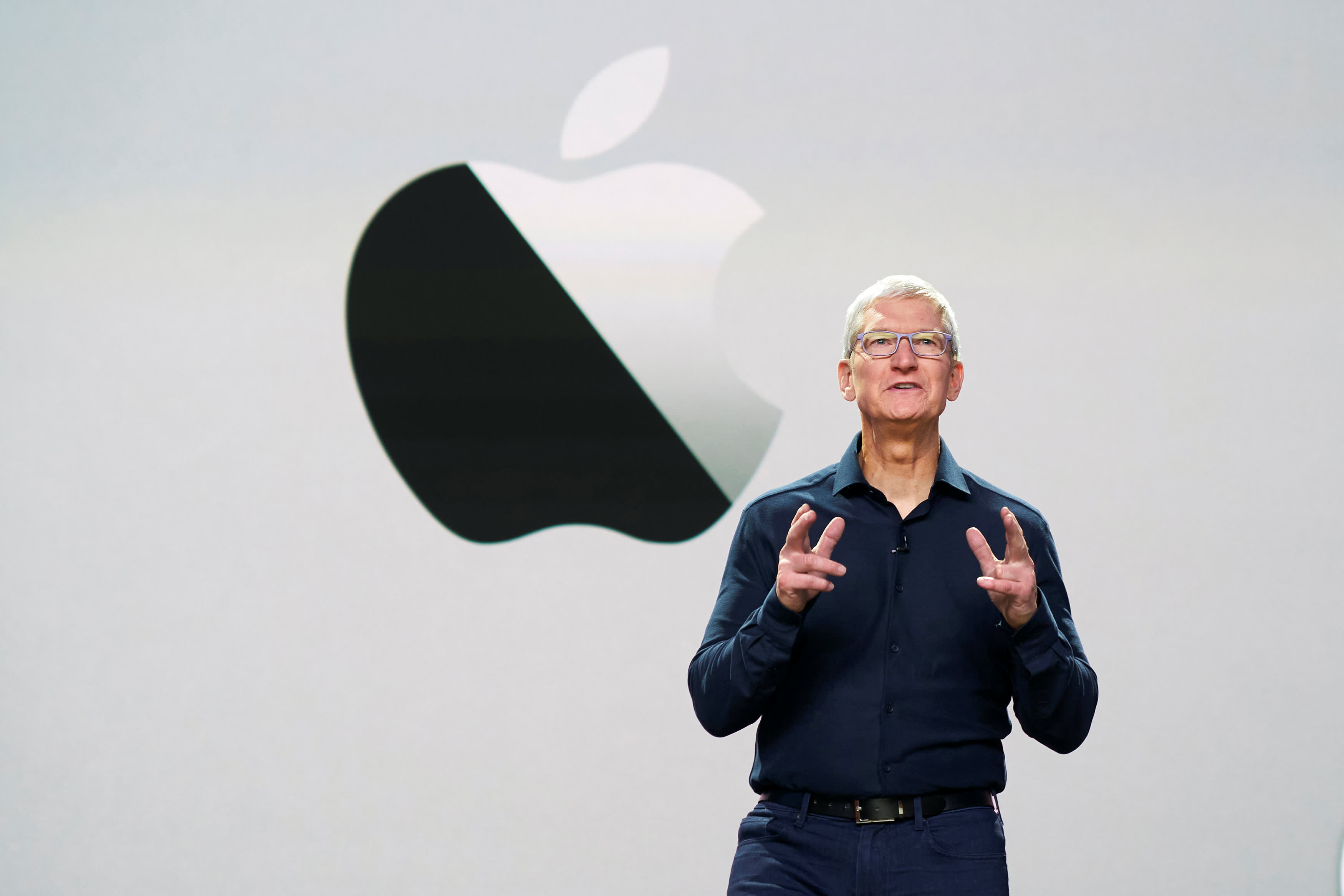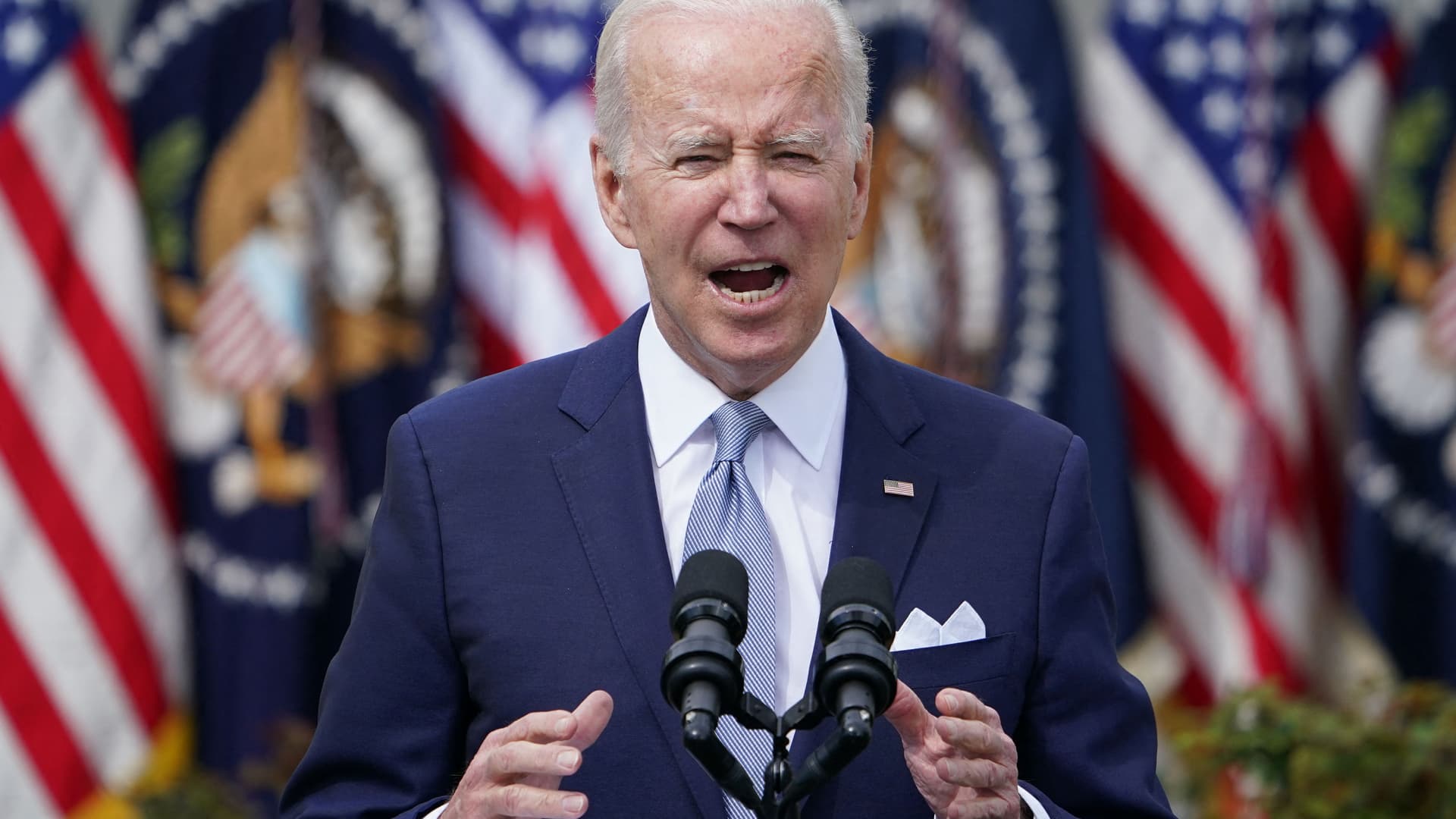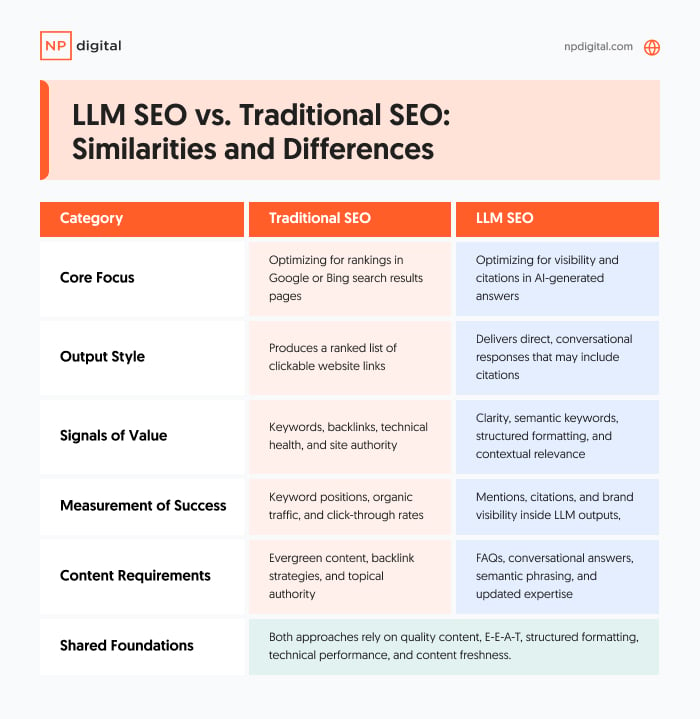Lagarde plays down recession risks, says ECB is ready to 'move faster' on rates if needed
ECB Lagarde has played down fears of a recession in the euro zone.
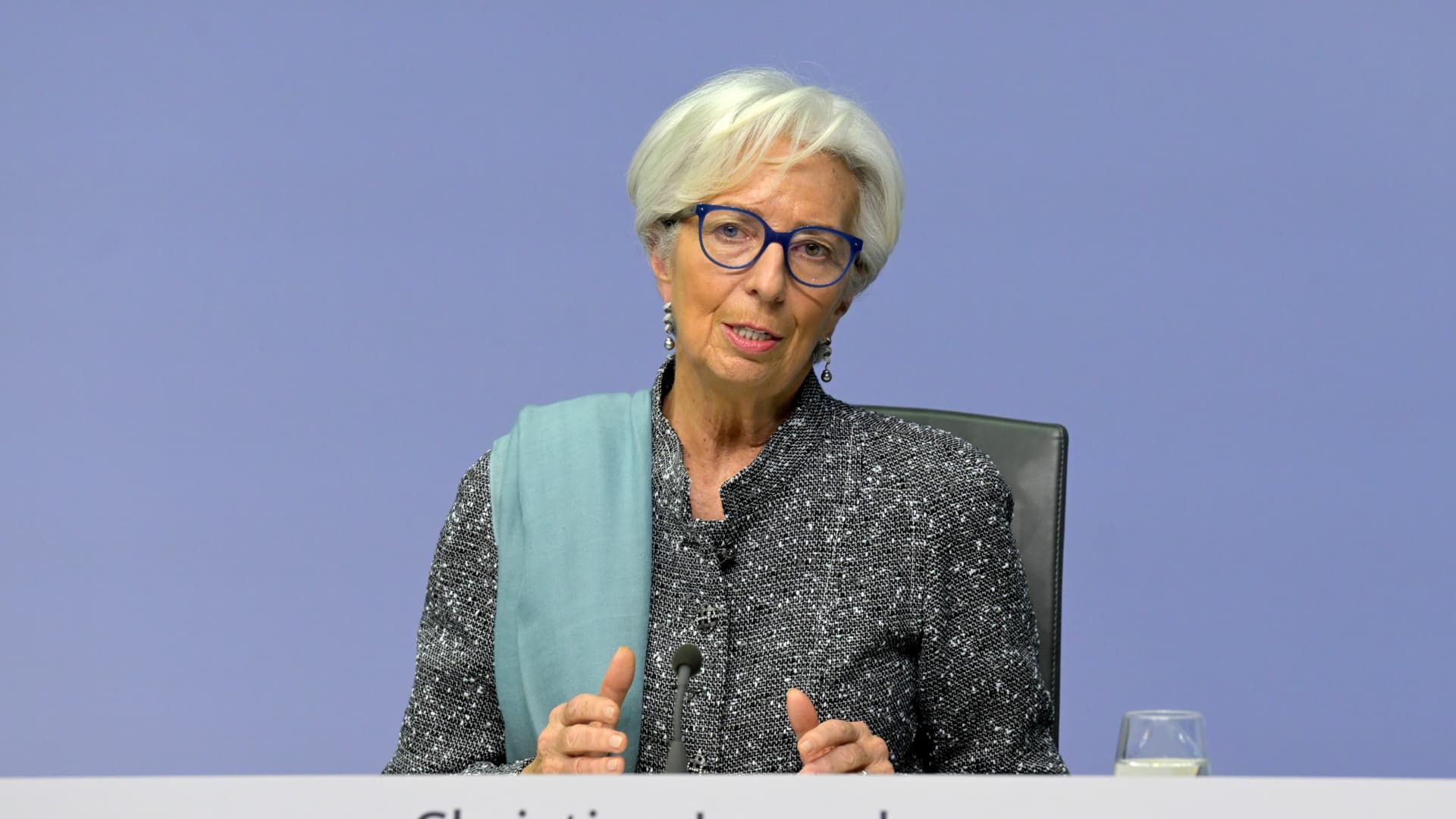
European Central Bank President Christine Lagarde said the central bank can raise rates faster, if needed.
Handout | Getty Images News | Getty Images
European Central Bank President Christine Lagarde on Tuesday played down concerns about a recession in the euro zone, also saying her team is ready to raise rates at a faster pace — if needed — if inflation continues to shoot higher.
Central bank officials are gathered in Portugal for their annual conference, with the focus on surging consumer prices. The euro zone is expected to see a headline inflation rate of 6.8% this year — well above the ECB's target of 2%.
This comes at a time when economists are assessing whether or not the euro zone will escape a recession this year. The region has seen growth levels deteriorate amid an energy crisis, sanctions on Russia and food insecurity — just to name a few factors.
"We have markedly revised down our forecasts for growth in the next two years. But we are still expecting positive growth rates due to the domestic buffers against the loss of growth momentum," Lagarde said Tuesday at the Sintra Forum.
The European Central Bank held an emergency meeting earlier this month to announce a new tool aimed at addressing fragmentation risks in the euro zone. However, market players were left with questions about the timing and magnitude of the mechanism.
Investors are concerned about high inflation and have been tracking closely what the ECB is saying and doing. Investors are also wary of the high levels of debt in Europe, in particular in Italy, and how a return to tighter monetary policy could become a financial constraint for these economies.
"If the inflation outlook does not improve, we will have sufficient information to move faster. This commitment is, however, data dependent," Lagarde added Tuesday.
Raising or cutting rates?
Speaking to CNBC, Erik Nielsen, global chief economist at UniCredit, said he does not expect this year's forum to address disparities between public debt levels, but to focus more on the future of monetary policy.
"Can you really hike interest rates into a recession even if inflation is high? That would be unusual," he said.
The ECB confirmed in early June its intention to hike rates next month and then again after the summer. This would likely bring the ECB's deposit rate back out of negative territory and mark a massive moment for the central bank, which has kept rates below zero since 2014.
For now, the interest rates on the main refinancing operations, marginal lending facility and deposit facility remain unchanged at 0.00%, 0.25% and -0.50%, respectively.
Speaking to CNBC's Annette Weisbach in Portugal, European Central Bank policymaker Pierre Wunsch said that it was his opinion that the Frankfurt institution should act fast at first.
"My take on it is, roughly the first 200 basis points, so to go to positive 150, are more or less no brainers if we are still in a positive growth environment," the Belgian central bank governor said.
"Because real wages would still be negative then. And I don't think we take a lot of risk by moving to a place where real rates are still negative. And by the time we do that we'll know a lot more about where inflation is going."
He added that unless there was really bad news, and maybe new shocks in terms of the real economy, "I think the next 150, 200 basis points are more or less no brainers and we should act relatively fast on those."
But there are questions on whether Lagarde will follow through with multiple rate hikes with the region's growth outlook darkening. The ECB in June forecast a GDP rate of 2.8% for the euro zone this year, but economists are starting to talk about the prospect of a recession toward year-end off the back of Russia's invasion of Ukraine and the impact that's having on the global economy.
According to Nielsen, the Federal Reserve in the United States is in the same position.
"There is a very high chance the Fed ends up cutting rate towards, sort of, the end of next year or something, and this is the recession story again," he said.
"They can't implement what they are saying, they will do the next one and maybe one more hike but then it is going to be really difficult for them, both in the U.S. a little bit later, and in Europe," he added.

 FrankLin
FrankLin 









